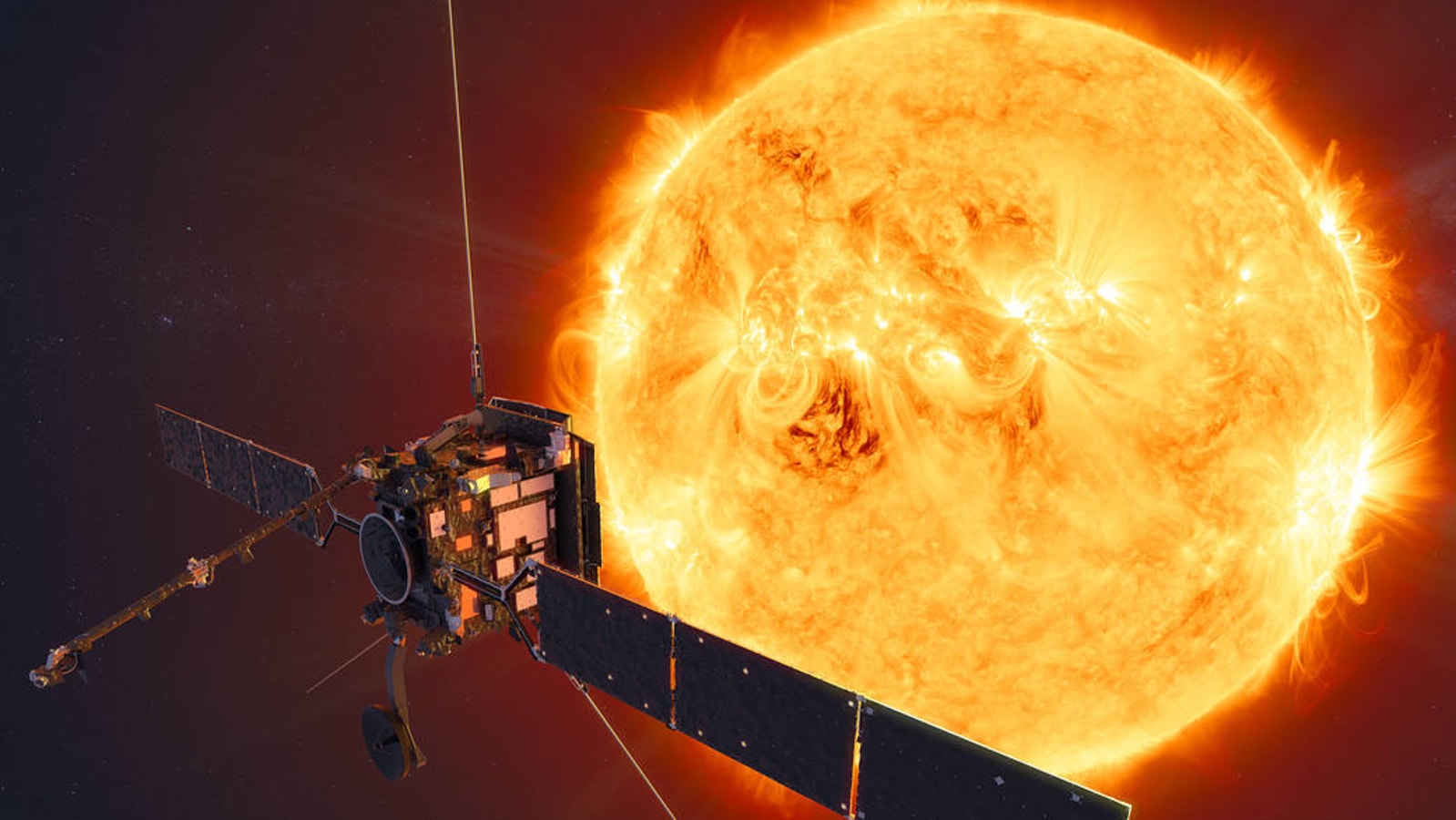Sun's solar switchback mystery solved, courtesy this tech marvel
European Solar Orbiter, has unveiled the mystery of the origin of a solar switchback.

The European Solar Orbiter, has solved the mystery of the origin of a magnetic phenomenon called a solar switchback i.e, sudden and large deflections of the solar wind's magnetic field. The findings reveal their physical formation mechanism that might help accelerate the solar wind. The spacecraft provides a full view of the structure, which appears to have an S-shaped character as predicted in the past.
The data provided by the orbiter suggest that the rapidly changing magnetic fields can have their origin near the surface of the Sun. The sudden change in the magnetic field around the Sun was first observed in the 1970s by the German-US Helios 1 and 2 spacecraft leaving astronomers puzzled for decades.
The reversals in the Sun's magnetic field were abrupt and temporary lasting from a few seconds to hours before the magnetic field switched back to its original direction. As shared by ESA, the Ulysses spacecraft also probed into these magnetic structures at much larger distances from the Sun in the late 1990s. “Instead of a third the Earth's orbital radius from the Sun, where the Helios missions made their closest pass, Ulysses operated mostly beyond the Earth's orbit,'' it says.
The European Space Agency noted that this phenomenon increased with the arrival of NASA's Parker Solar Probe in 2018. After that sudden magnetic field reversals were speculated to be more numerous close to the Sun and hence, caused by S-shaped kinks in the magnetic field.
The latest observation was made on March 25, 2022, when the Solar Orbiter was just a day away from making its close pass to the Sun bringing it within the orbit of planet Mercury. The spacecraft had recorded an image of the solar corona that showed a distorted S-shaped kink in the coronal plasma with the help of Metis instrument, which blocks out the bright glare of light from the Sun's surface and takes pictures of the Sun's outer atmosphere.
Catch all the Latest Tech News, Mobile News, Laptop News, Gaming news, Wearables News , How To News, also keep up with us on Whatsapp channel,Twitter, Facebook, Google News, and Instagram. For our latest videos, subscribe to our YouTube channel.






























